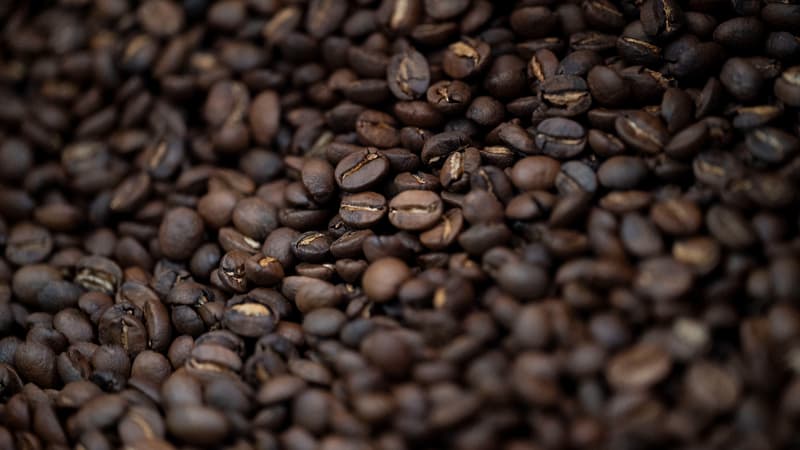The price of Arabica coffee reached its highest level in almost fifty years on Wednesday, with limited supply due to concerns about harvests in Brazil, affected this year by major droughts. The pound of Arabica traded in New York reached a record high since 1977 on Wednesday, at 320.10 cents.
At issue: Fears of “bad harvests due to unfavorable weather conditions” at the beginning of this year, especially in Brazil, the world’s leading producer of coffee, and of arabica in particular, push producers to reserve their beans, despite of strong demand, Price Futures Group analyst Jack Scoville explained earlier in the week, when prices were already hitting records.
Uncertain flowering and geopolitical factors.
After a “long dry and hot period”, Brazil’s coffee trees benefited from “significant rains” in October, which contributed to an “exceptional flowering in most Arabica coffee-producing regions”, according to Guilherme Morya of Rabobank.
But the analyst notes “uncertainty about the progress of flowering, which raises important concerns” about the 2025/26 harvest. If the flowers do not adhere to the branches, they will not be able to later become cherries, which contain the coffee beans.
Geopolitical factors such as shipping disruptions in the Red Sea, potential US tariffs and upcoming European Union regulation on deforestation are helping to support commodity prices in general and coffee in particular.
“In this context of uncertainty, farmers choose to sell only what they need, thus limiting the supply of coffee in the local market,” concludes Guilherme Morya. These supply fears also worry Vietnam, the main producer of the cheaper robusta variety, used for example for instant coffee.
Listed in London, robusta, which is currently trading at around $5,200 per ton, reached a record price of $5,829 in mid-September, a price unprecedented since the opening of the current reference contract in 2008. This price would even be unprecedented since the 1970s, according to the Bloomberg Agency, which depends on the archives.
Source: BFM TV


